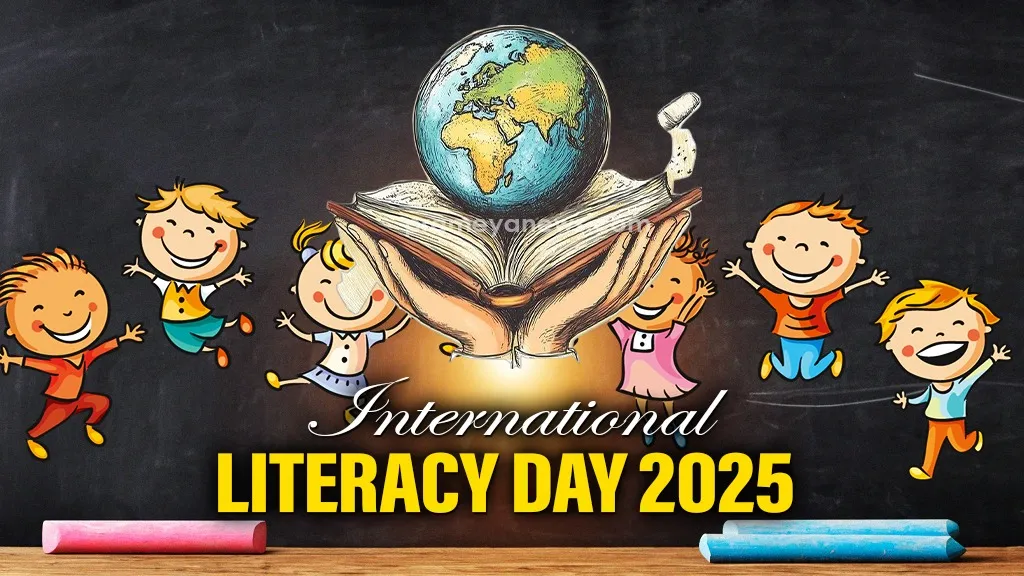

As the world prepares to observe International Literacy Day on September 8, 2025, the global community is grappling with a profound modern challenge: how to advance literacy in an era increasingly dominated by digital technology. This year's theme, "Promoting literacy in the digital era," places a sharp focus on both the immense opportunities and the significant dangers of this technological shift. While digital tools offer unprecedented new pathways to education, they also threaten to create a deeper divide, potentially leaving the world’s most vulnerable populations further behind than ever before.
First proclaimed by UNESCO in 1966, International Literacy Day has for nearly six decades served as a crucial platform to champion literacy as a fundamental human right. It is a day dedicated to highlighting global progress, advocating for investment, and celebrating the power of education to transform lives. The observance underscores that literacy is more than the ability to read and write; it is the essential foundation for critical thinking, personal empowerment, and active participation in society. However, despite these long-standing efforts, the scale of the challenge remains immense. As of 2024, an estimated 739 million youth and adults around the world still lack basic literacy skills, a stark reminder of the urgent work that remains.
The 2025 theme directly addresses the double-edged sword of digitalization. On one hand, digital learning platforms, educational apps, and a wealth of online resources present an extraordinary opportunity to reach marginalized and remote communities that have been underserved by traditional education systems. These tools can offer engaging and innovative methods to help bridge the literacy gap for the millions who have been left behind.
On the other hand, this digital revolution carries a severe risk of what experts call "double marginalization." The very individuals who lack basic literacy skills are often the same people who have no access to digital devices or reliable internet connectivity. This creates a dangerous cycle of exclusion, barring them not only from conventional learning but also from the socio-economic benefits of the digital economy, thereby widening the chasm of inequality. This year's observance calls for a critical examination of this issue, alongside related concerns about data privacy, algorithmic bias, and the environmental impact of technology.
Celebrations on September 8 will take place across the globe, from local community workshops to high-level international forums. The flagship event will be a global conference at the UNESCO Headquarters in Paris, bringing together policymakers and education experts to share innovative practices and spotlight effective policies for promoting inclusive digital literacy. This global dialogue serves as a critical call to action for governments and organizations worldwide. The central message of International Literacy Day 2025 is a plea for intentional and equitable investment in programs that harness the power of technology while ensuring that the digital age becomes a force for universal empowerment, not deeper division.
· Theme for 2025: International Literacy Day, observed on September 8, is focused on the theme "Promoting literacy in the digital era," addressing both the opportunities and risks of technology in education.
· The Digital Divide: The day highlights the critical risk of "double marginalization," where those lacking basic literacy are also often excluded from the digital world, widening inequality.
· Scale of the Challenge: Despite global efforts, an estimated 739 million youth and adults worldwide still lack fundamental literacy skills, making this a persistent global crisis.
· Global Call to Action: The main observance includes a conference at UNESCO Headquarters in Paris, aiming to foster policies that ensure the digital revolution is inclusive and leaves no one behind.